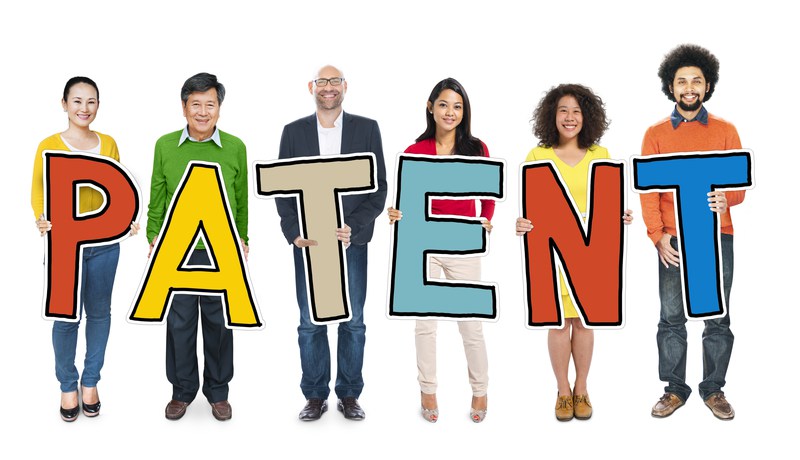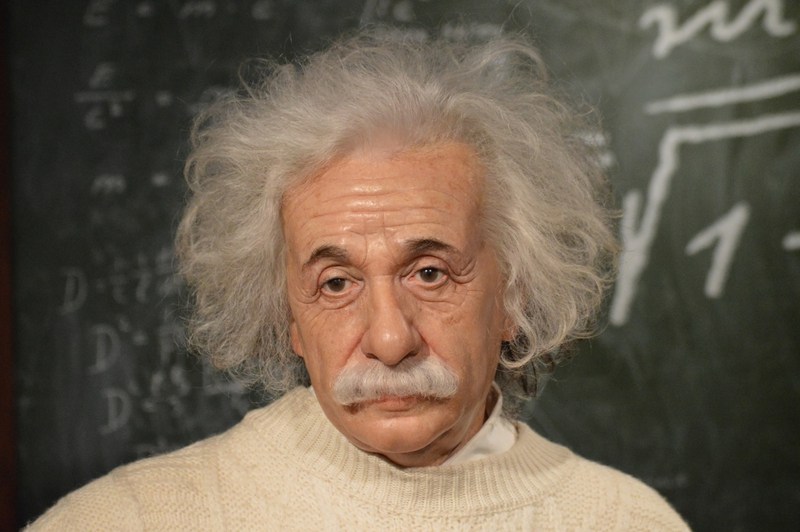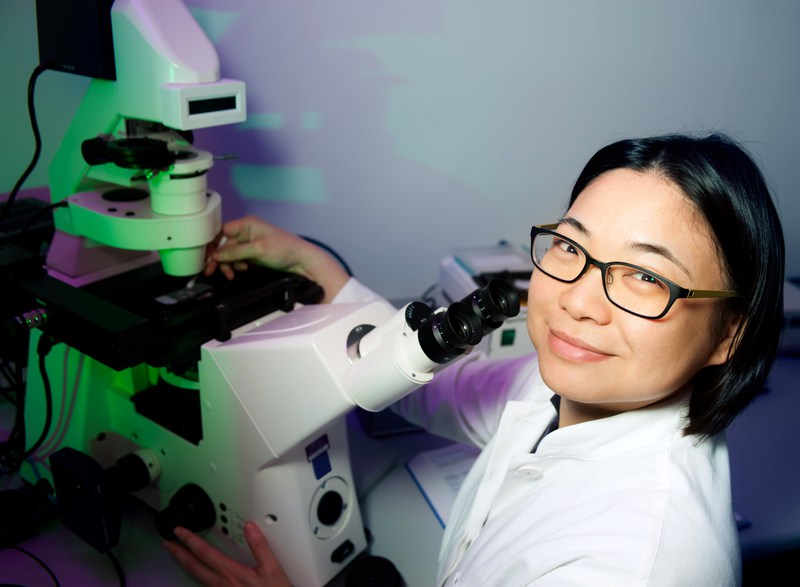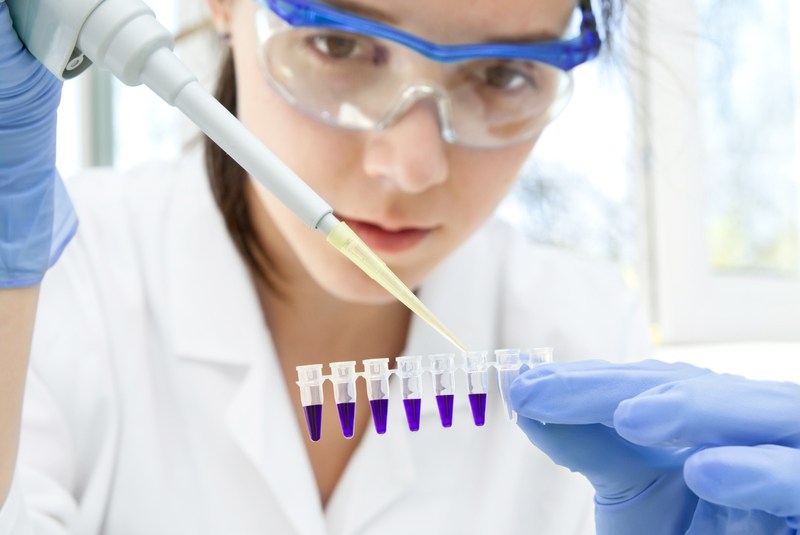Swiss resident companies and individuals applied for more patents than those in the UK in 2015. The European patent office’s recently released annual report, shows there were 7,088 Swiss-based european patent applications compared to the UK’s 5,037. On the face of it these numbers are not too far apart. On a per capita basis there is a more than tenfold difference. Switzerland filed 873 european patents per million residents. The UK filed 79. In addition, Switzerland is well ahead of its neighbours: Germany (307), France (162), and Italy (64). The US was number one with 42,692 european patent applications in 2015, but with a population of 321 million its rate per million inhabitants was only 133, far behind Switzerland’s 873. Why is Switzerland’s innovation rate so high? How does Switzerland manage to invent at a rate more than double the Netherlands, the nation in second place with 419 patent applications per million residents, and more than 6 times the rate of the US? A paper published by Ernest Miguelez and Carsten Fink at Geneva-based WIPO (World Intellectual Property Organisation) in 2013 offers clues. Switzerland was one of only three countries to have a significant net inflow of inventors between 2001 and 2010. Only the US, which attracted 194,609 foreign inventors, and Germany, which attracted 25,341, out-did Switzerland at pulling in innovators from other countries.
Topics:
Phillip Judd considers the following as important: Business & Economy, Editor's Choice, Foreign invention in Switzerland, Percentage of inventions by foreigners in Switzerland, Swiss immigrant invention rate, Swiss innovation, Swiss patents
This could be interesting, too:
Investec writes The global brands artificially inflating their prices on Swiss versions of their websites
Investec writes Swiss car insurance premiums going up in 2025
Investec writes The Swiss houses that must be demolished
Investec writes Swiss rent cuts possible following fall in reference rate
Swiss resident companies and individuals applied for more patents than those in the UK in 2015. The European patent office’s recently released annual report, shows there were 7,088 Swiss-based european patent applications compared to the UK’s 5,037. On the face of it these numbers are not too far apart. On a per capita basis there is a more than tenfold difference. Switzerland filed 873 european patents per million residents. The UK filed 79. In addition, Switzerland is well ahead of its neighbours: Germany (307), France (162), and Italy (64).
The US was number one with 42,692 european patent applications in 2015, but with a population of 321 million its rate per million inhabitants was only 133, far behind Switzerland’s 873.
Why is Switzerland’s innovation rate so high?
How does Switzerland manage to invent at a rate more than double the Netherlands, the nation in second place with 419 patent applications per million residents, and more than 6 times the rate of the US?
A paper published by Ernest Miguelez and Carsten Fink at Geneva-based WIPO (World Intellectual Property Organisation) in 2013 offers clues.
Switzerland was one of only three countries to have a significant net inflow of inventors between 2001 and 2010. Only the US, which attracted 194,609 foreign inventors, and Germany, which attracted 25,341, out-did Switzerland at pulling in innovators from other countries.

© Rawpixelimages | Dreamstime.com
Unlike Germany, Switzerland also did a good job of retaining its own home-grown inventors. Germany exported 32,158, leaving it with a net brain drain of 6,817. Switzerland gained 20,412 and lost only 3,005 leaving it with a net inflow of 17,407.
Where do Switzerland’s high patent performers come from?
The same report shows the biggest inventor migration paths. Between 2001 and 2010 Switzerland gained most inventors from Germany (8,198), France (2,747), the UK (1,555) and Italy (1,536) – together 14,036 or 69% of the inventors arriving.

Einstein, a German, worked at Swiss patent office in Bern – © Steven Langford | Dreamstime.com
Switzerland’s clusters of innovation and supportive business environment have succeeded in drawing significant talent from nearby countries.
It is clear from the report that the cross-border flow of talent rose hugely from the decade before. From 1991 to 2000 only 1,786 inventors arrived from Germany and 406 from France.
Switzerland, a diamond in the rough
Europe combined, trails the US on attracting immigrant inventors. Around 10% of Europe’s patents were filed by immigrants compared to the US’s 18% from 2001 to 2010.
Switzerland on the other hand led the world, with immigrants behind more than 38% of it’s inventions over the same period.
Where could Switzerland do better?
The US is the world leader at attracting inventive talent from abroad. An inflow of 194,609 and a net outflow of only 11,131, left it with 183,478 more inventors that it would have had in a world with closed borders, over the period from 2001 to 2010. While Switzerland out does the US more than threefold on attracting foreign talent on a per capita basis, the US shows where Switzerland could do better.
The biggest losers of inventive talent are China (-53,610) and India (-40,097), and the biggest winner from these talent outflows is the US, which attracted 10,649 or 11% of them.

© Anyaivanova | Dreamstime.com
While Switzerland does well at drawing inventors from the OECD, it attracts few from these large pools of emerging market talent.
Another report, by the business school INSEAD and the Swiss human resource firm Adecco, says that “Foreigners have accounted for more than half of the net increase in the labour force of scientists and engineers in the United states since 1995.” adding that “Foreign talent are more likely to be entrepreneurs and innovators: they are twice as likely to start a business and they patent at double the native rate. Immigrants were behind one in four technology start-ups in the US between 1995 and 2005.”
Switzerland’s innovation sweet spots
Switzerland ranked near the top for patents related to measurement (2nd), organic fine chemistry (2nd), medical technology (3rd), and pharmaceuticals (3rd).

© Anyaivanova | Dreamstime.com
Measurement encompasses horology, devices for measuring position and displacement, clocks and watches, navigation systems, volume, liquid and sound measuring devices. Organic fine chemistry includes preparations for medical, dental and hygiene uses. For example, steroids, sugars, cosmetics, pharmaceuticals and food ingredients. Medical technology covers medical instruments for diagnosis, treatment of diseases and surgery. For example, vaccination instruments, prostheses, surgical robots and pacemakers.
Areas where Switzerland saw the greatest increase in patent applications compared to 2014, were medical technology (+22%) and computer technology (+23%). Engines, pumps and turbines saw the biggest drop of -10%, while transport (-8%) and pharmaceuticals (-2%) also saw declines.
For more stories like this on Switzerland follow us on Facebook and Twitter.
